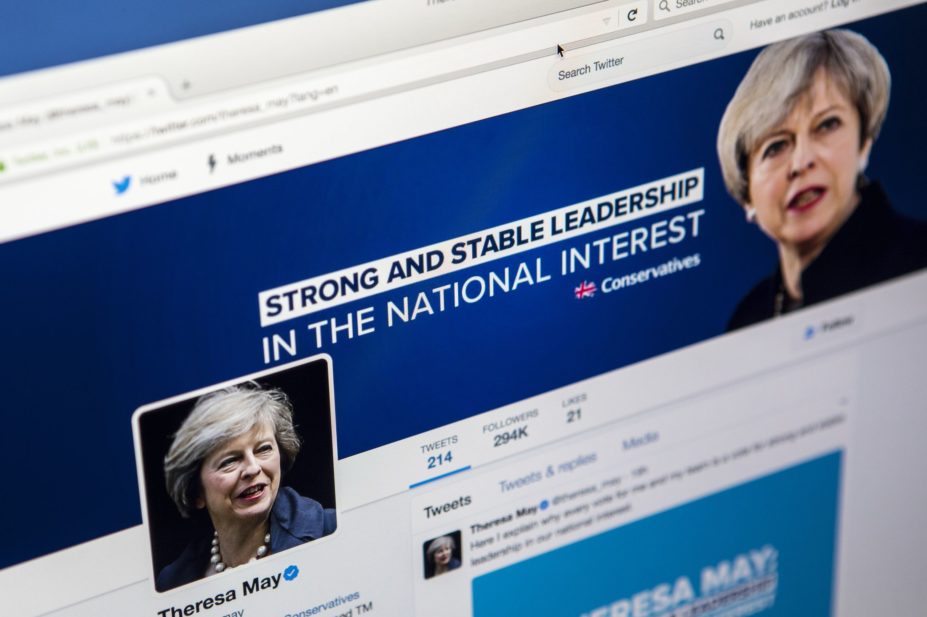
Shutterstock
A Conservative government would support pharmacies in rural areas and ensure that all community pharmacies play a stronger role in keeping people healthy outside of hospital, the party promises in its manifesto .
Published on 18 May 2017, the Conservative Party manifesto also pledges to “legislate to reform and rationalise the current outdated system of professional regulation of healthcare professions”. This may mean taking forward its proposal to merge the General Pharmaceutical Council, the independent regulator for pharmacy in Great Britain, with other regulators.
Pharmacy organisations have welcomed the acknowledgement of pharmacy in the Conservative, Labour and Liberal Democrat manifestos.
Ian Strachan, chair of the National Pharmacy Association (NPA), the trade association for independent community pharmacy in the UK, comments: “To our knowledge, this is the first time this has ever happened and stems from the hard work of community pharmacists, working up and down the country, the NPA campaign team and others working on behalf of the sector.
“It seems that politicians of all persuasions are finally beginning to wake up to how important the services and support we provide are to voters. Of course, it will be up to all of us to ensure these promises are delivered on in government — promises are one thing, delivery is another.”
Sandra Gidley, chair of RPS England, says: “The manifestos of each of the main political parties in England have recognised the important role community pharmacists play in delivering healthcare, but the government is not yet making the most of what community pharmacy has to offer.
“With the huge potential for improving the care of patients with long-term conditions and supporting public health, the next government will need to respond to the recommendations of the Murray Review as a matter of urgency and take forward a positive plan for community pharmacy.” she adds.
Zoe Smeaton, head of communications and public affairs at the Pharmacy Services Negotiating Committee (PSNC), the negotiating body for community pharmacy contractors in England, says specific mention of pharmacy in all three major parties’ manifestos “shows us the positive impact the campaign to promote community pharmacy had last year”.
“We must continue that work to promote the sector to politicians and more widely. In the run up to the general election, [local pharmaceutical committees] and pharmacy teams can help us to engage with candidates at a local level. The shared ‘pharmacymanifesto.com’ website and PSNC’s own campaign hub have information and resources to help them to do this,” she adds.
Strachan adds that NPA members will shortly be sent leaflets and a poster to display in pharmacies that encourage patients to raise pharmacy issues with election candidates when the candidates knock on their doors to canvass support.
The Conservative Party manifesto promises a further £8bn for the NHS by 2022–2023, above 2017–2018 spending. However, Nigel Edwards, chief executive of independent charity The Nuffield Trust, points out: “It is unclear how much new money this represents, or exactly when it would come on-stream.”
The manifesto also claims that a Conservative government would embark on “the most ambitious programme of investment in buildings and technology the NHS has ever seen” over the next parliament.
The House of Lords’ select committee on the long-term sustainability of the NHS called for health care funding to increase at least in line with gross domestic product (GDP) growth in a report published in April 2017.


